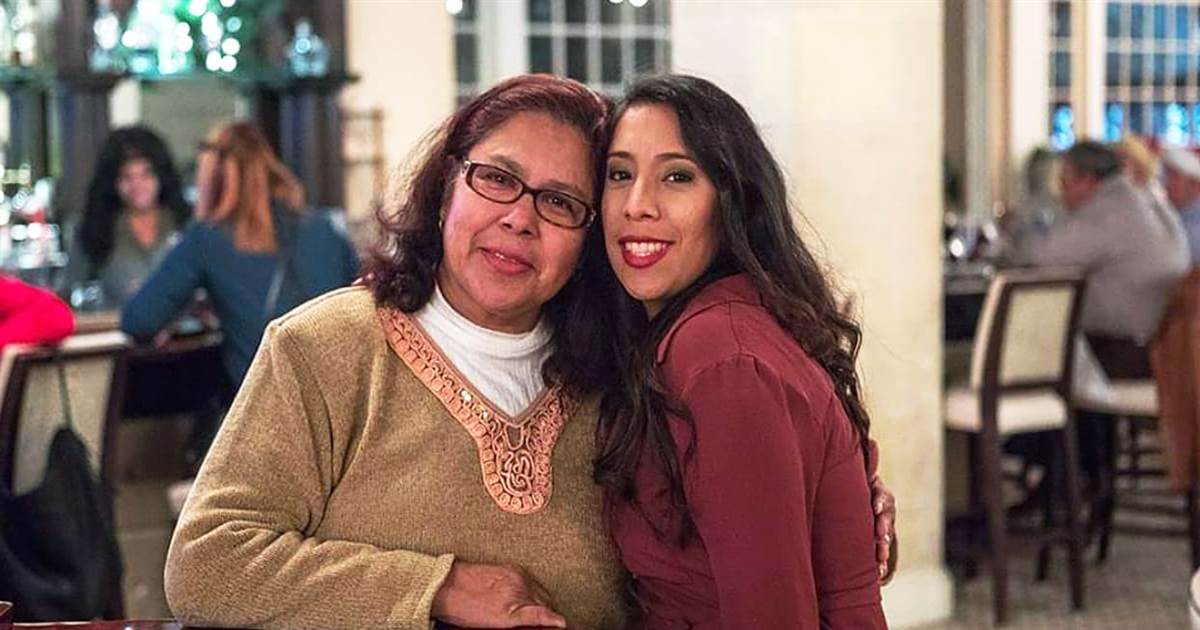
In the nation’s capital, three Latinas in lab coats are on the front lines of the coronavirus pandemic.
Monica Mann, 34; Elizabeth Zelaya, 36; and Connie Maza, 33, analyze Covid-19 samples every day to track the spread of the virus and, more recently, to identify mutations. The three scientists and medical technologists are part of a small team in the Washington, D.C., Department of Forensic Sciences’ Public Health Laboratory Division.
“Every day I reflect and I’m like, ‘Wow, this is probably going to be in a history book,’” Zelaya told NBC News.
“You know what used to be the medical field, the science field, laboratory field being run by white males? Now, it has turned into this beautiful rainbow of colors,” Mann said.
Zelaya, Mann and Maza call themselves “las tres mosqueteras,” which is “the three musketeers” in Spanish. They began working together at the start of the pandemic.
After years of quietly working behind the scenes, their lab was suddenly the center of attention as their team tested and reported Washington’s first positive coronavirus cases.
“It’s just unbelievable, the pressure we had. We were under a microscope at that point,” Maza said about the early months of the pandemic. “I’m normally pretty calm when I do testing, and I mean, my manual dexterity skills are pretty good. But at that moment when I was testing Covid, I have to admit it was nerve-wracking. … It was scary at first. I was very nervous.”
Over a year later, and as new coronavirus variants spread, the trio and their colleagues are still very much in the spotlight identifying and analyzing Covid-19 mutations.
“There’s little to no room for error, so that makes the job that much more stressful,” Zelaya said. “But we take pride in the service that we provide and the results that we give to the public because we know that there’s a human on the other side of that specimen.”
Not many women, let alone Latinas, in STEM
“I do get that sometimes when people ask me what I do,” Zelaya said. “I tell them I’m a scientist and they’re like, ‘Really? What?’ It’s like, ‘Yeah, sure am. I can tell you about some DNA if you want to learn!”
Despite women making up roughly 50 percent of the U.S. population, in 2017 only about 30 percent of the science and engineering workforce was female, according to the National Science Board.
It’s even less for Latinos — especially women. Hispanics make up over 18 percent of the U.S. population but only about 8 percent of the STEM (science, technology, engineering and math) workforce. In 2016, only about 2 percent of all STEM degrees went to Latina women.
Growing up, the lab wasn’t a place these three Latinas thought they could be.
“I didn’t expect a lot of women in the science field,” said Maza, who grew up in Texas. “I probably just didn’t think that that was an option.”
Building on their moms’ dreams
“Growing up in Uruguay in a low-income family, my mom wanted to be a nurse. That was her dream,” Mann said. “Unfortunately, life didn’t give her that chance. She married at 18, got her first child at 19 and four more after that.”
Mann said her mother, however, never stopped being interested in medicine.
“She had that passion, and she’s very proud of me now,” she said.
Maza said her mother, who is from Mexico, put aside her career to raise her and her siblings.
“She wanted to finish school here in the U.S. but wasn’t able to,” she said. “So she dedicated all those years to us for us to have a better life.”
Zelaya, on the other hand, did see her mother initially pursue the sciences.
“My mom does have a bachelor’s in biology, so she did grow up loving the sciences and having a passion for the sciences,” she said, “but she never got to fulfill a career in the sciences.”
Zelaya knew she wanted to do things differently.
“I didn’t want to be a housewife,” she said. “I wanted to get out and get a career and work full time and be a professional.”
The lab is ‘home away from home’
Today, “las tres mosqueteras” have each other to look to for inspiration. They credit their bond for getting them through some of the toughest days of the pandemic.
“We’re all hard workers here, so we go in, we stay late to finish the job,” Zelaya said. “And we’re all the same. We have that same kind of work ethic.”
“We grew up the hard way and we keep applying that every day,” Mann said.
When the three of them are together, the lab isn’t the cold and uninviting place one might envision.
“The lab is definitely our home away from home,” Zelaya said.
“We give each other names,” Maza added. “I always kid with Liz. I say, ‘La que no se va,’” translating to “the one who doesn’t leave.”
“I never leave,” Zelaya admitted.
“Sometimes we just have to joke around,” Maza said.
As for advice to young women, especially Latinas, Zelaya said hard work and dedication always pays off.
“If you like it, master it,” she said. “Know everything about it.”
“Be persistent,” Maza said. “Lots of mistakes are going to happen, and try not to let that get to you.”
“Keep knocking on doors,” Mann said. “Some of them will open. They will open. And fortunately, we live in a country where you can start again from zero, career-wise, at any point of your life.”
That’s not to say Maza, Mann and Zelaya didn’t become accustomed to rejection and people who didn’t believe they could achieve their objectives.
“It’s actually more motivating,” Maza said, “if they do in a way say something like that, it makes me even work harder. It’s like, I’m going to prove them wrong.”
While the end of the pandemic may seem like it’s in sight, the busy Latina scientists aren’t done writing their chapter in history.
“I think we’re going to continue to just keep this forever,” Zelaya said.
“Maybe one day vacation?” Maza said to the others.
“Vacation together? Yeah!” Zelaya said. “This is going to last a lifetime.”
“Yeah, this is it,” Mann said.
Follow NBC Latino on Facebook, Twitter and Instagram.

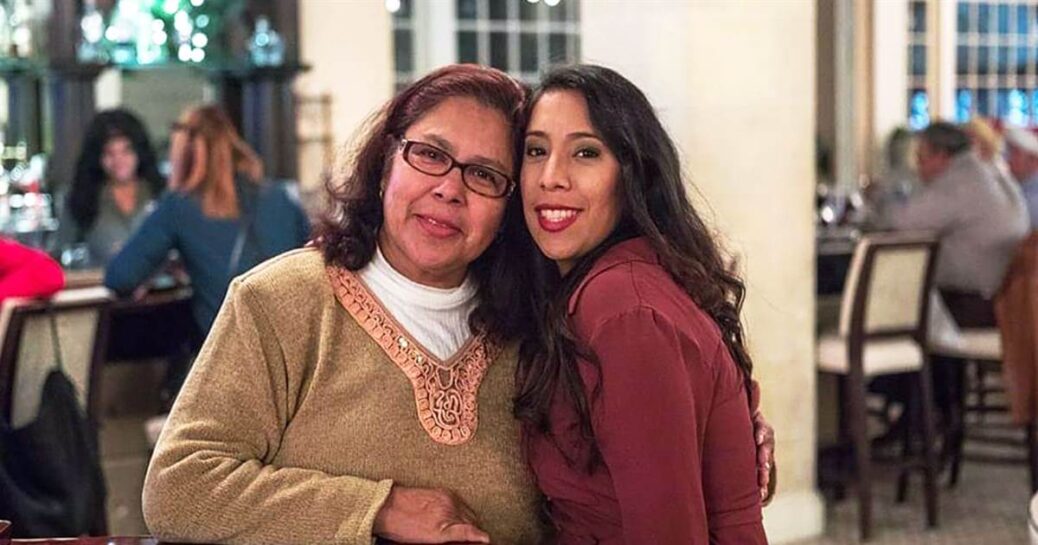
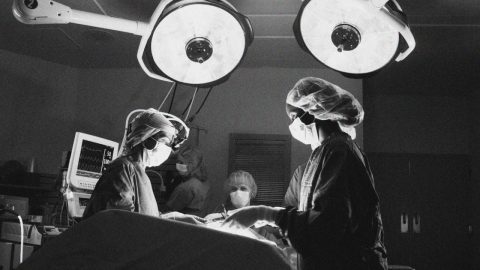
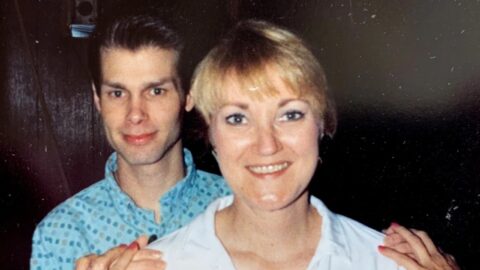

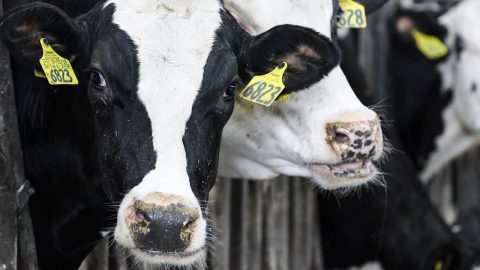


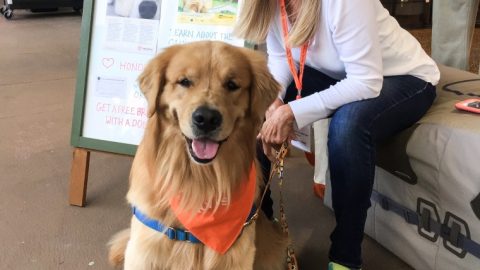
Recent Comments